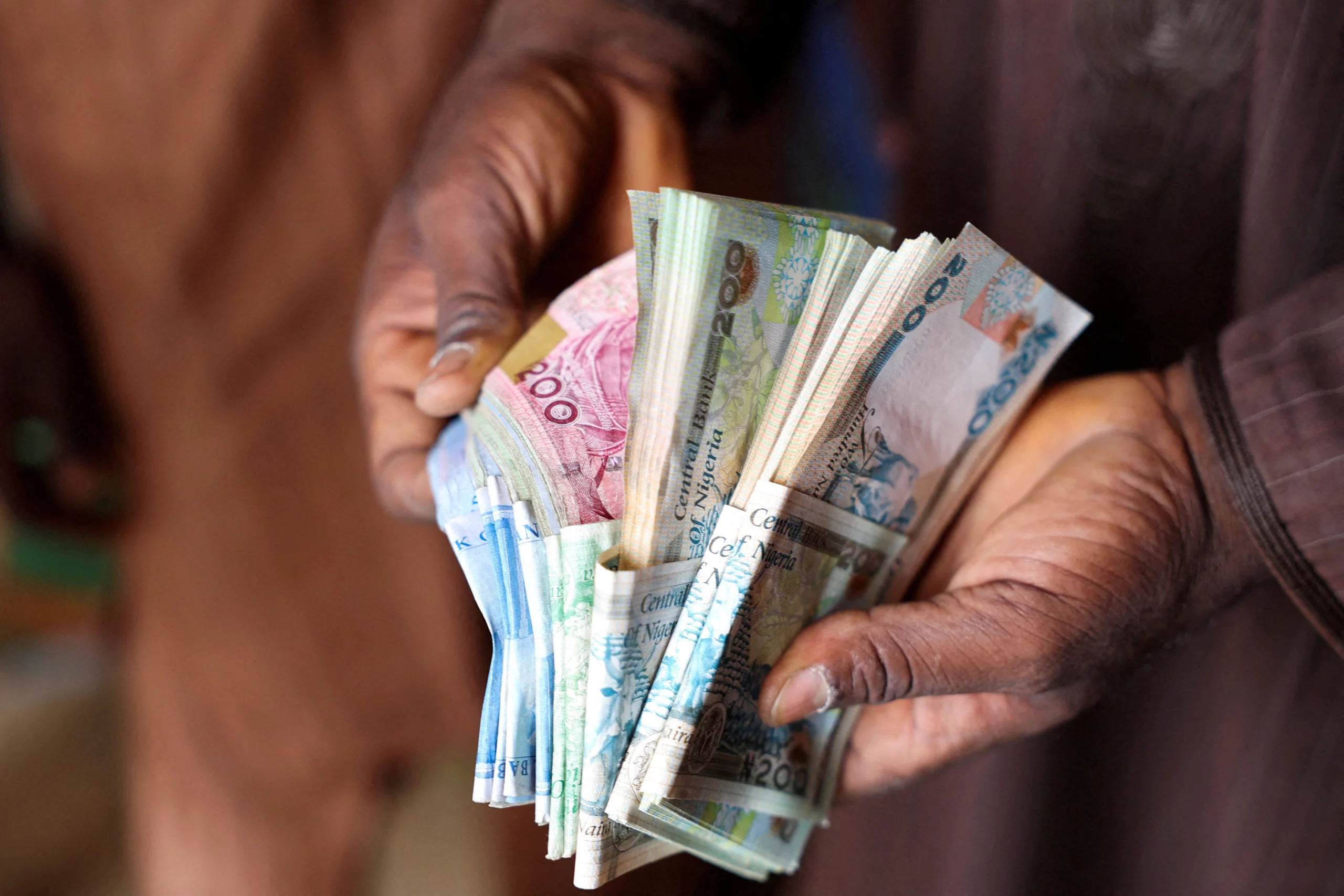Nigeria’s economy has shown remarkable resilience and growth in recent months. The country’s foreign reserves have reached an impressive $39.07 billion as of September 19, 2024. This represents a significant 17.4% increase from the previous year’s figure of $33.28 billion. The Central Bank of Nigeria (CBN) Governor, Olayemi Cardoso, shared this information after a crucial Monetary Policy Committee meeting. The current reserves provide eight months of import cover for goods and services. For goods alone, the coverage extends to an impressive 13 months. Nigeria’s real GDP growth has also shown positive momentum. It rose from 2.98% in the first quarter to 3.19% in the second quarter of 2024. Both oil and non-oil sectors have contributed to this growth, indicating a broad-based economic recovery. The banking sector remains resilient despite ongoing challenges. The Monetary Policy Committee (MPC) expressed satisfaction with the sector’s performance but emphasized the need for continued vigilance. This approach aims to ensure the banking system’s ongoing support for the economy. CBN Raises Monetary Policy Rate In a significant move, the CBN has increased the Monetary Policy Rate (MPR) by 50 basis points to 27.25%. This decision was unanimous among committee members. They also raised the cash reserve ratio for deposit banks to 50% and for merchant banks to 16%. The committee noted the relative stability and convergence of exchange rates across different market segments. This stability results from the Bank’s strict monetary policy. However, the committee acknowledged that more work is needed to achieve the Bank’s price stability mandate. Food inflation continues to be a concern for the Nigerian economy. The committee identified several risk factors, including floods, rising energy prices, fuel shortages, and insecurity in farming communities. The government’s efforts to address these issues, particularly insecurity, received praise from the MPC. The Nigerian government’s initiatives to address food supply shortages through duty-free import windows were welcomed by the committee. They also expressed optimism about the potential impact of refined petroleum products from the Dangote refinery. The committee believes that local refining will help moderate transportation costs and alleviate food price pressures. Additionally, it should reduce foreign exchange demand for imported refined petroleum products. This development is expected to positively impact foreign reserves and improve Nigeria’s overall balance of payments position.
Subscribe
Login
0 Comments





